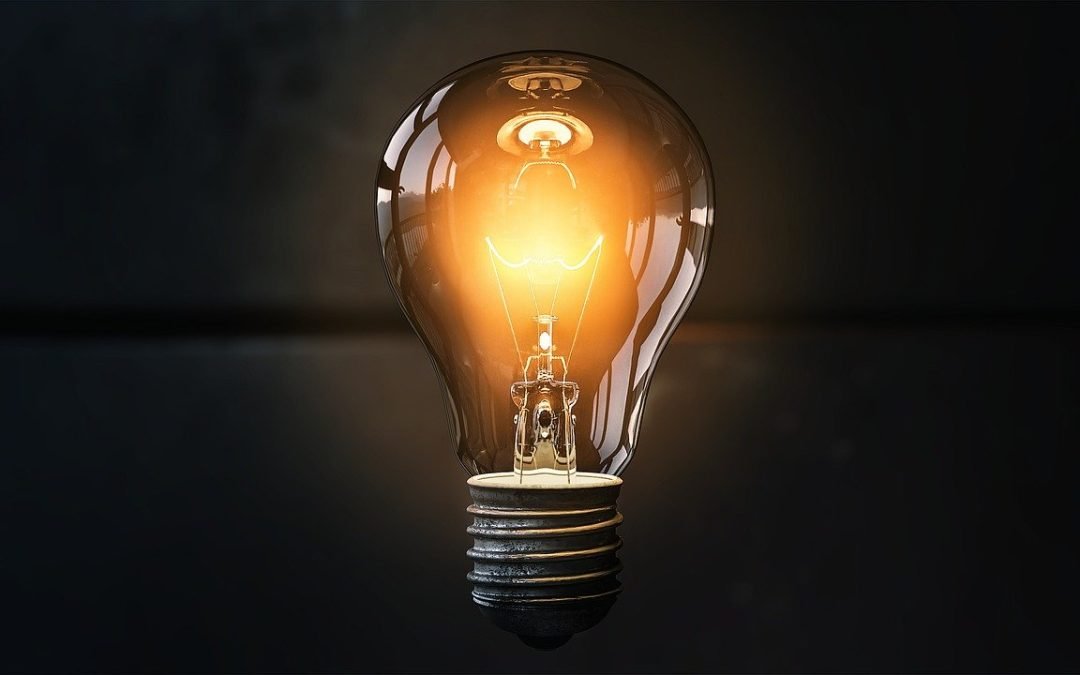Aug 24, 2020 | Politics, Sci-Tech
The science "experts" tell us that those who break curfews, do not socially distance, and do not wear masks, are responsible for COVID-19 deaths, which is why the economy, churches, and schools should remain closed. (For a proper approach to handling pandemics click here.)These same priests of "science" also tell us that if one carries BLM Inc. signs, harasses policeman, and blocks traffic, one is exempted.Now in a similar vein, the political talking heads, continue that these same "protestors" are unable to vote in polling booths in person because of the dangers of COVID-19, and therefore an untested new system designed by the DNC of nationwide mail-in voting must be implemented at the last minute, that goes beyond the present system of absentee ballotting (where a potential voter is verified before they cast a mail-in ballot).Is their concern really over COVID-19 or to enable election fraud on a nationwide scale?As for the dangers of in-person voting Dr. Fauci sets the record straight:TheAug 24, 2020 | Culture, Politics, Sci-Tech
https://youtu.be/9dmc1db5KeUProfessor Jason Hill, author of We Have Overcome, mostly channeling Ayn Rand, made this important statement: "What we’re seeing in the educational system is systemic nihilism. So let us go back a step further. A couple weeks ago Rutgers University declared that grammar was racist. Now grammar is the science that deals with the proper method of oral and written communication. When you attack grammar you attack language, which is the method of cognition. You attack man’s mind, you attack his ability to reason. So you attack man’s mind, which means you leave us on the level of grunting farm animals, so you leave us incapacitated to reason, to think. And then you take away his history, you take away human history, our Constitutional rights, our Bill of Rights, our Second Amendment, our First Amendment, or time-worn principles that we use to defend our way of life. Our Judeo-Christianity. Your looking at sysemtic nihilism. You are looking at the Anti-Christ as far as I am concerned. You’re looking at a bunch of nihilists and anarchists that want to destroy the system and replace it with nothing – nothing at all. They want to destroy the good for the sake of it being the good. I have been warning about these post-modern nihilists that started back in the 1960s, when we had these fake disciplines attacking reason, valorizing feelings as the only criterion for adjudicating disputes – one’s feelings and one’s feeling of being offended as the only criteria for adjudicating disputes – and dispensing with reason, objective reality, and logic as the construct of imperialist, racist, white men. That’s what we’re seeing today, and so you dispense with history altogether."

Aug 11, 2020 | Sci-Tech
Adam interviews Ridley on the role of innovation in a free economy, and the two end up having a fascinating discussion on
the role of intellectual property and its relationship to innovation. Ridley sees an overall negative correlation between innovation and intellectual property empirically today, and Adam an unequivocally positive one.Ridley takes a
utilitarian justification of patents ("made to be shared" to benefit society) and Adam takes a property
rights justification (made to benefit the patent owner's intellectual work).Adam sees the creation of intellectual property rights, such as patents, as similar to the
initial creation of physical property rights in land (such as via the
Homestead Act), where those who develop the land, that was once in the commons, first get title to the land. Brilliant.As to Ridley's concerns over copyrights being the life of the author plus 50 (or 70) years, I think that it makes a lot of sense if you release a book later in your lifetime -- say in your 70's. You can sell the publishing rights to the book
now, for the 50 plus years to someone else, who can pay you a lump sum for the expected future sales after your death, in the
present. That would not be possible if copyrights ended with the death of the author. Whereas if copyright ends at your death you would not get much for your efforts for selling the rights to a book at 70. Or, imagine if copyrights ended at the author's death and you were J.K Rowling who just released the final book in the fantastic Harry Potter series.I'm still digesting Adam's thoughts -- which also gave Ridley some pause to mull over -- which I will post on later.The two end the conversation with:
"I've probably learned more from you than you have from me but it's it's always interesting to do that." -- Matt Ridley"I learned a lot from your book and I really appreciated the the depth of research and effort that you put into it I really hope it has a wide readership." -- Adam Mossoff
It's always heart-warming that two great minds who disagree, on what can be a cantankerous issue in other circles, can discuss issues in such a collegial manner.
Recommended Reading:
"How Innovation Works: And Why It Flourishes in Freedom" by Matt Ridley
 From: https://firerestorationgroup.org/
From: https://firerestorationgroup.org/


